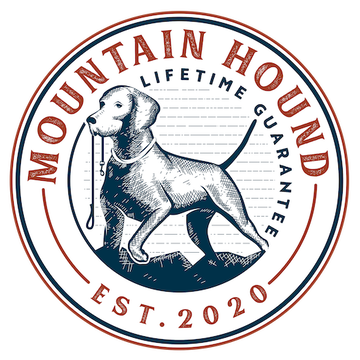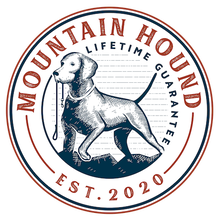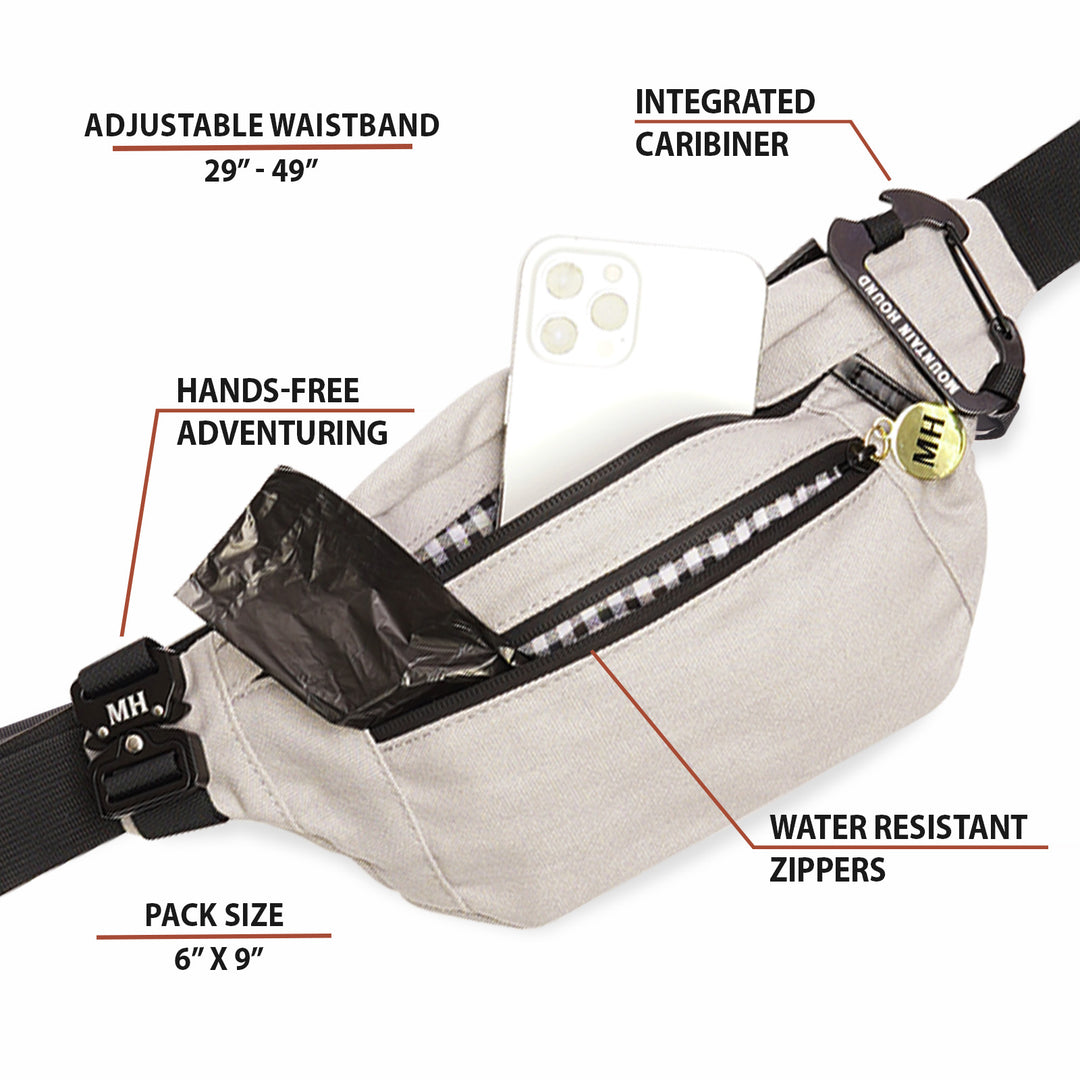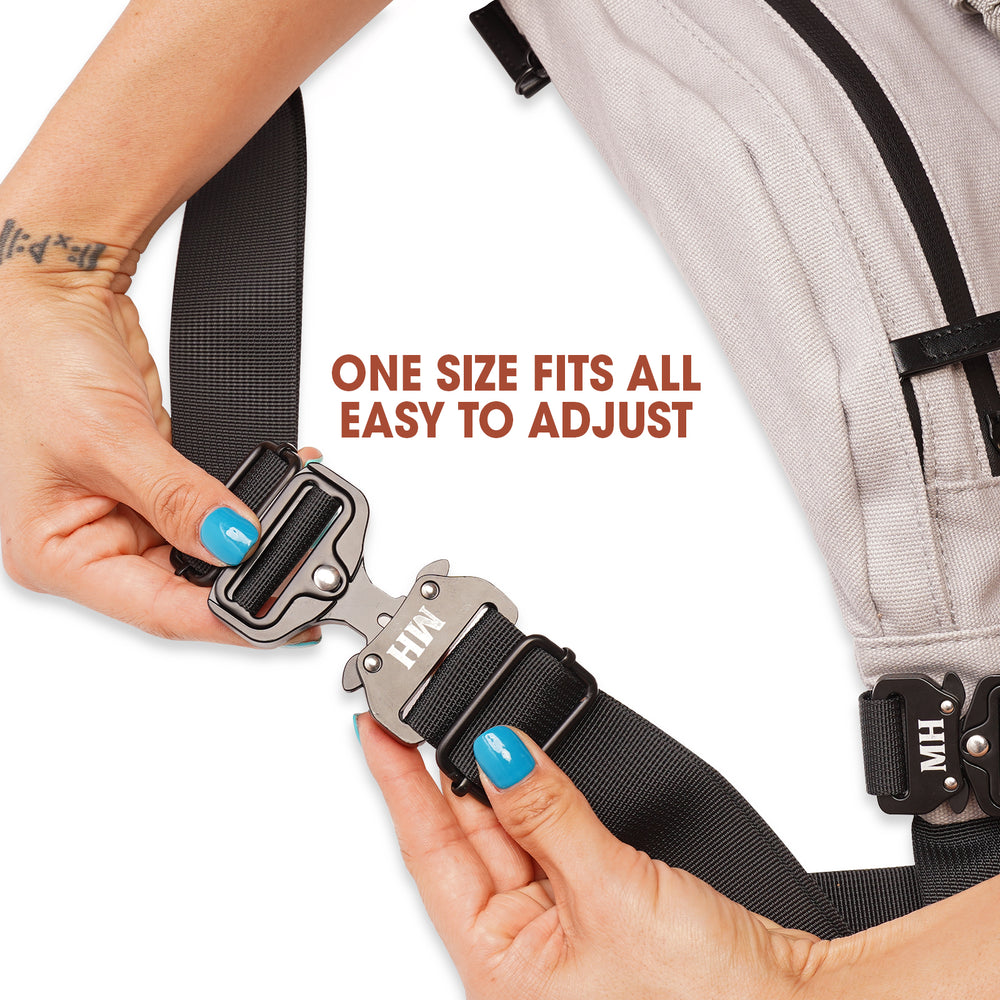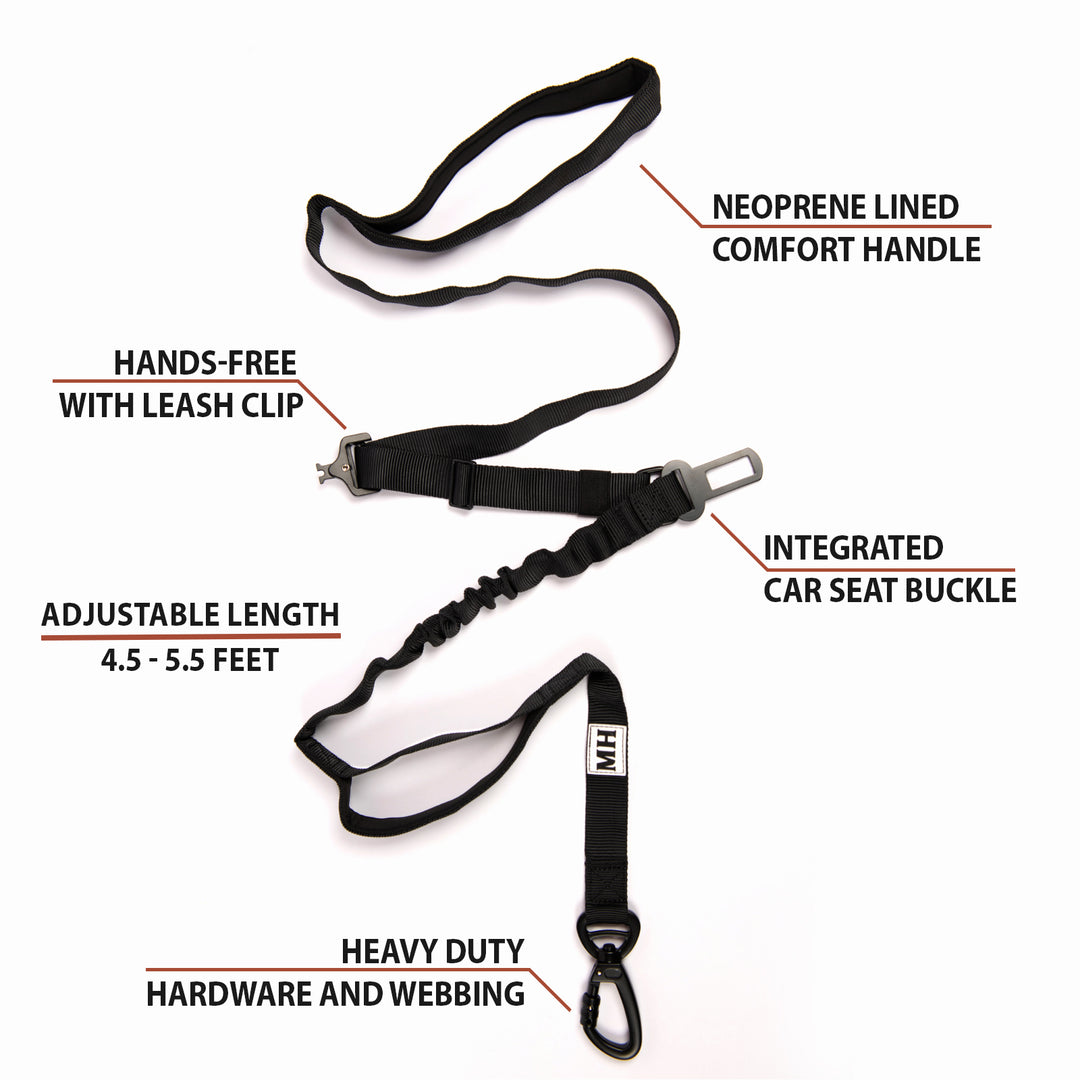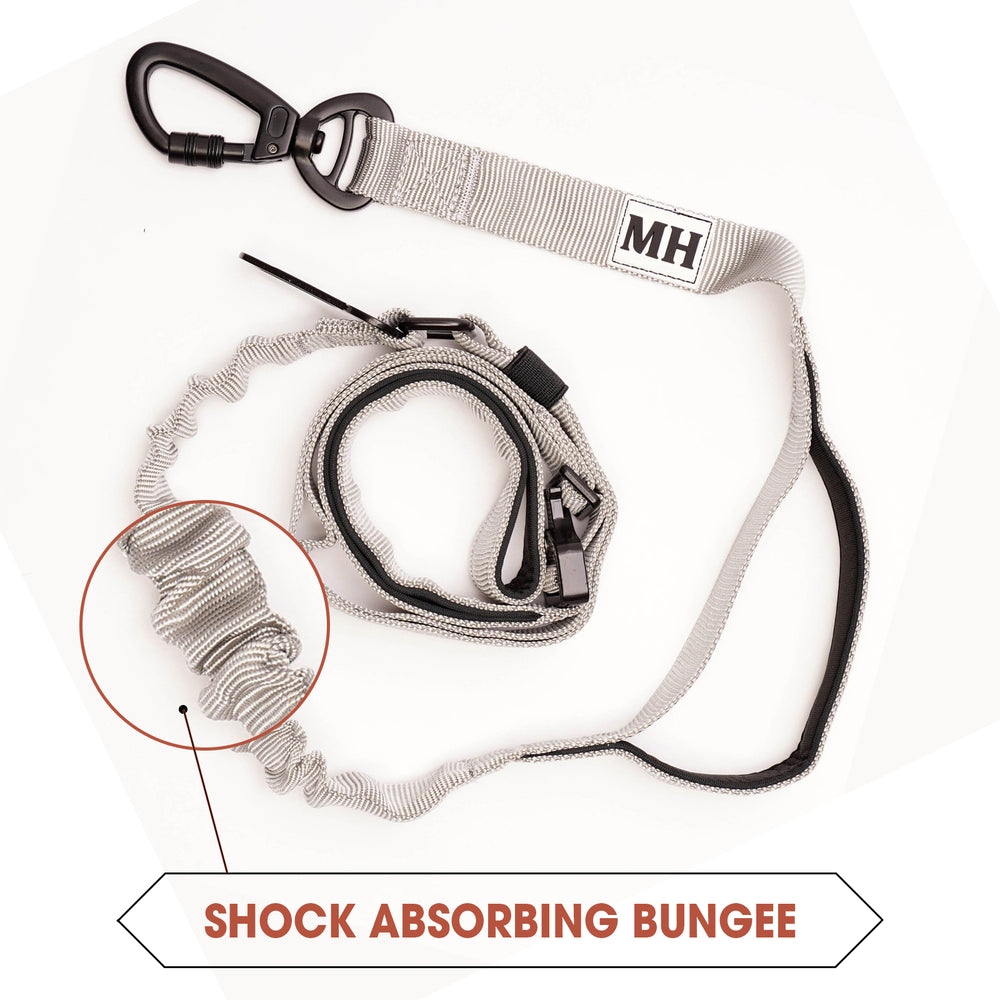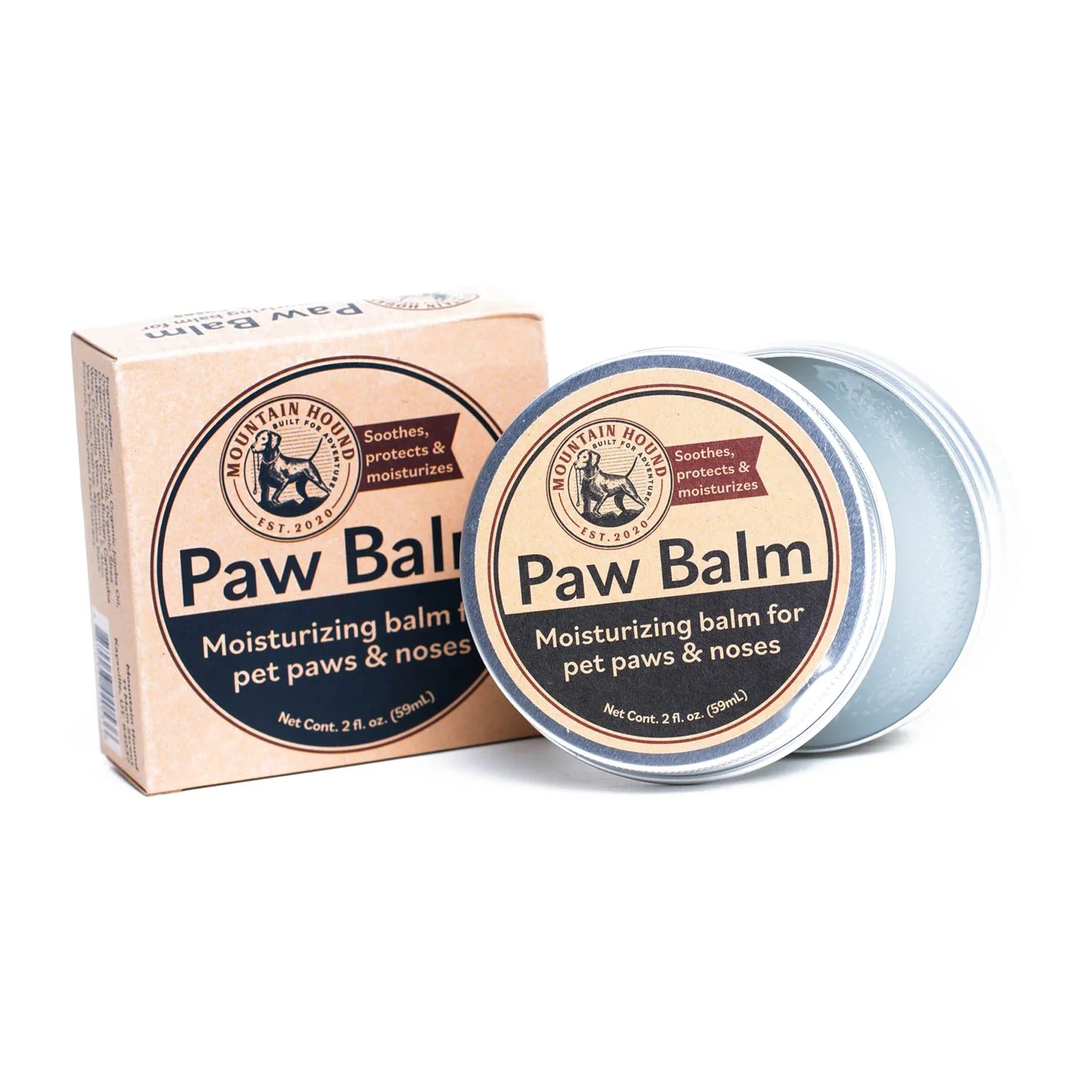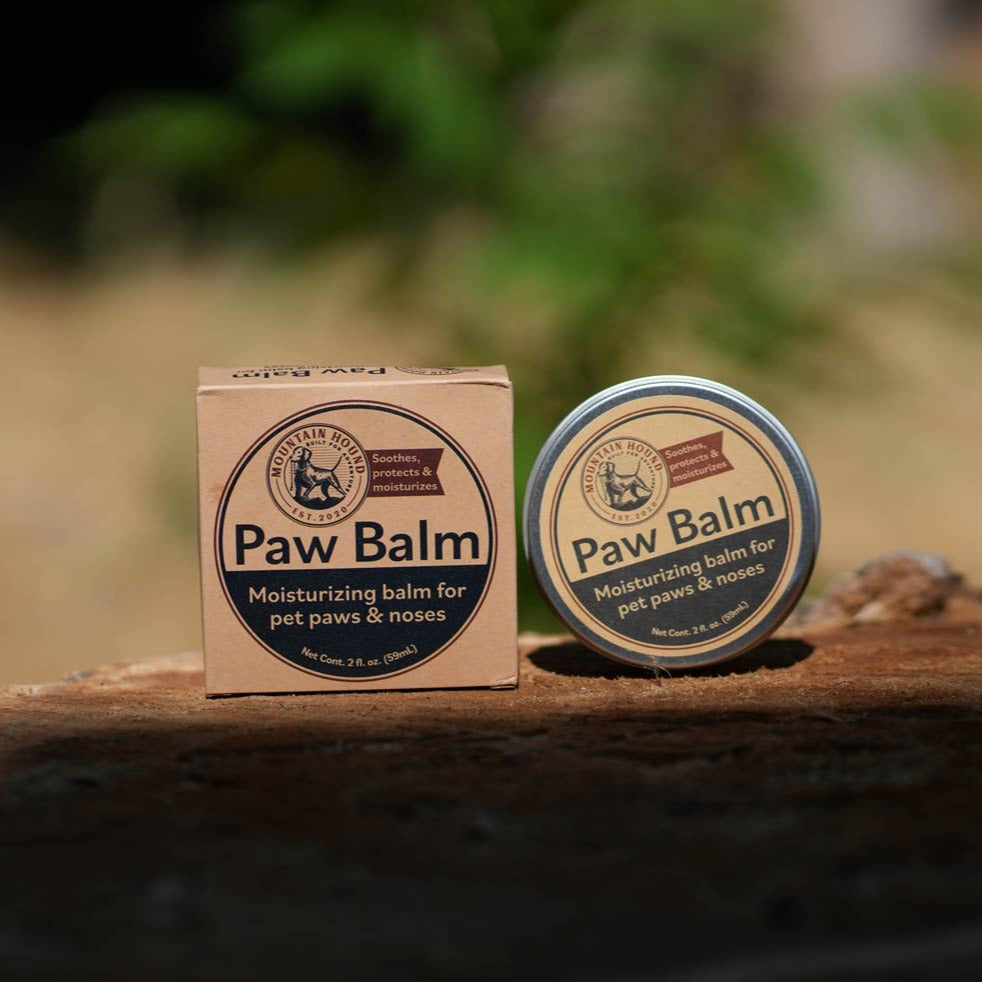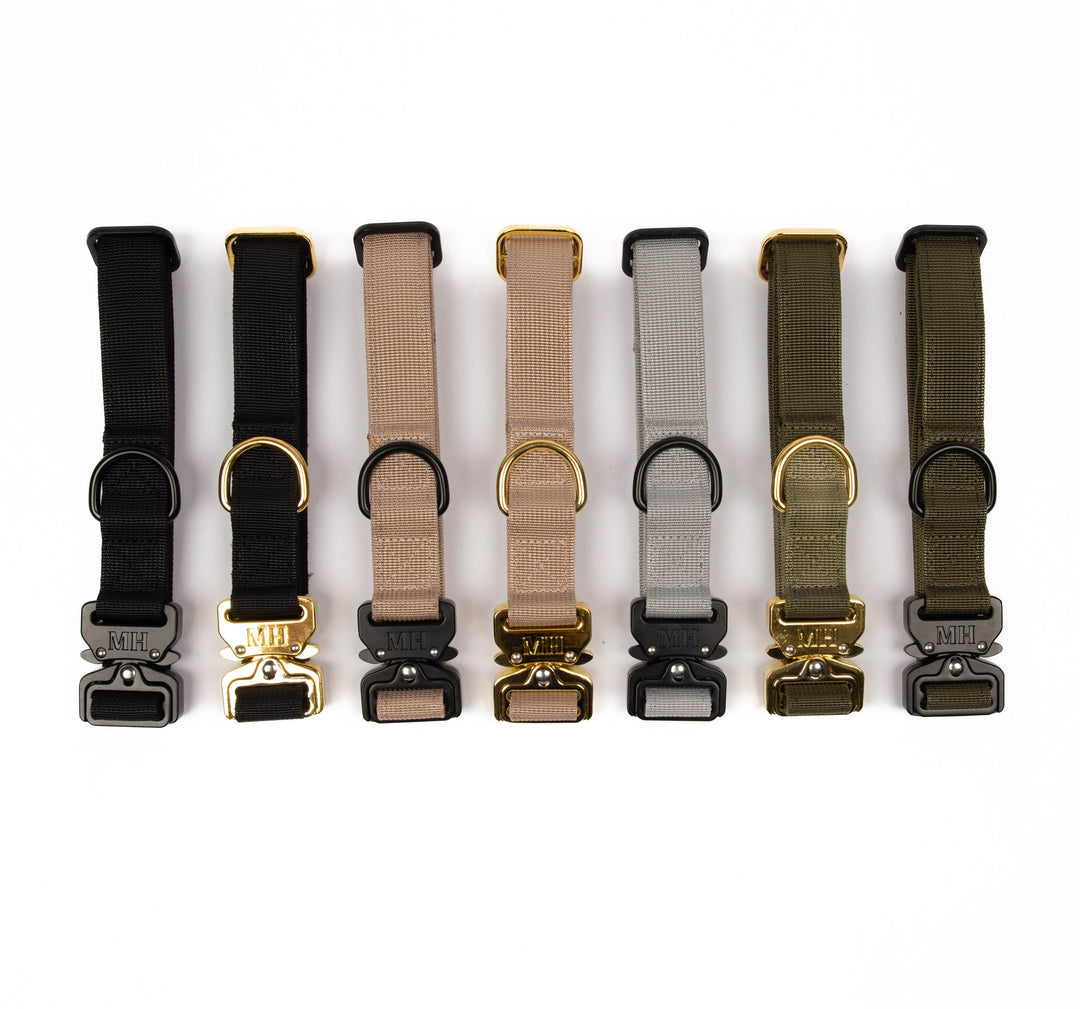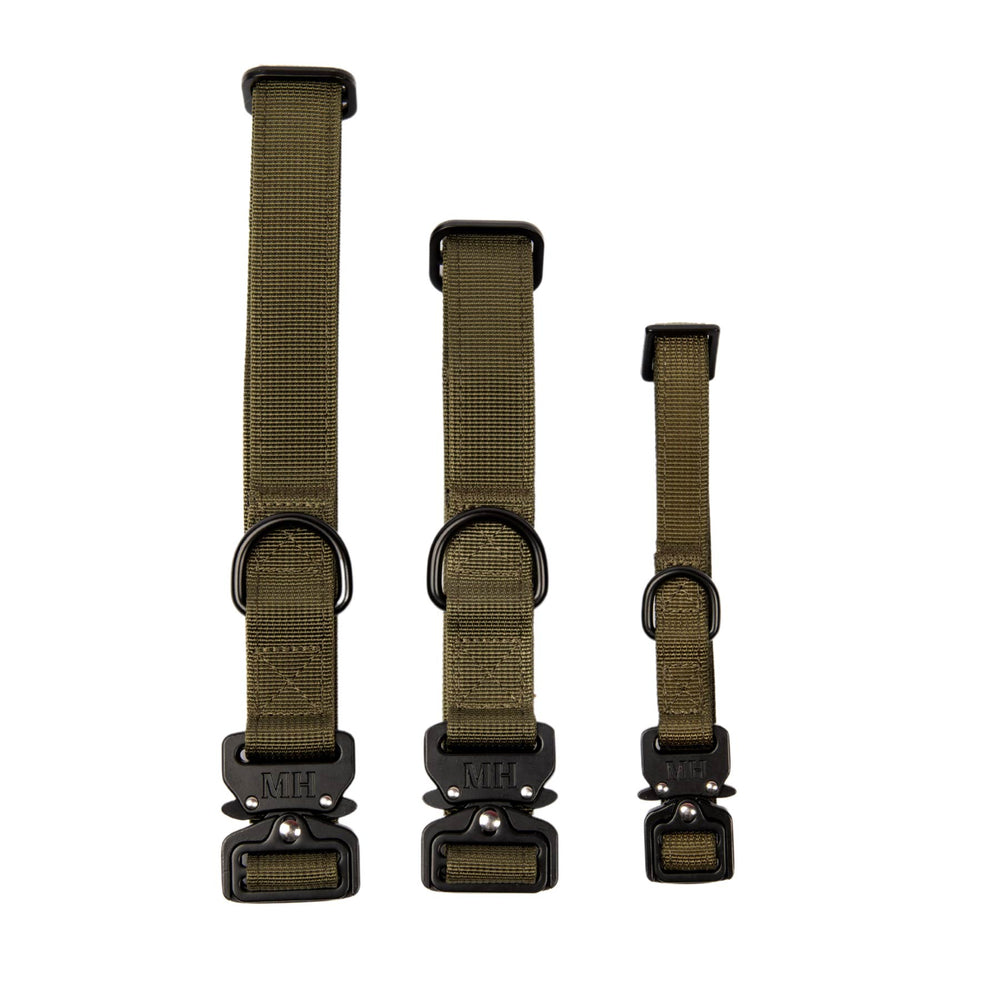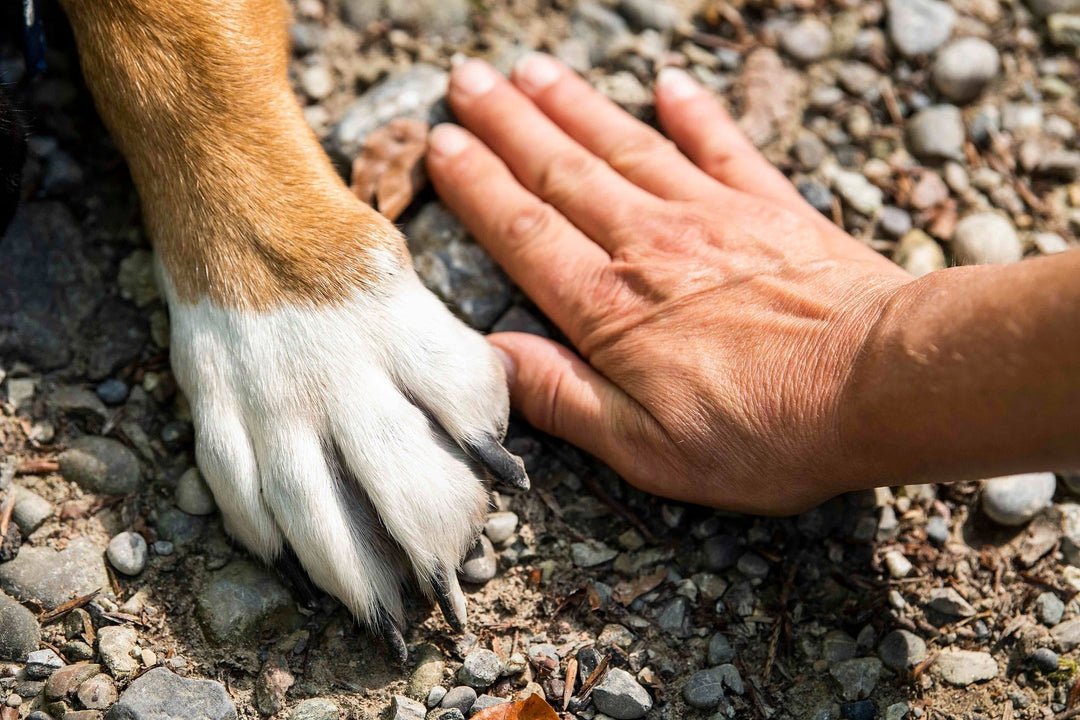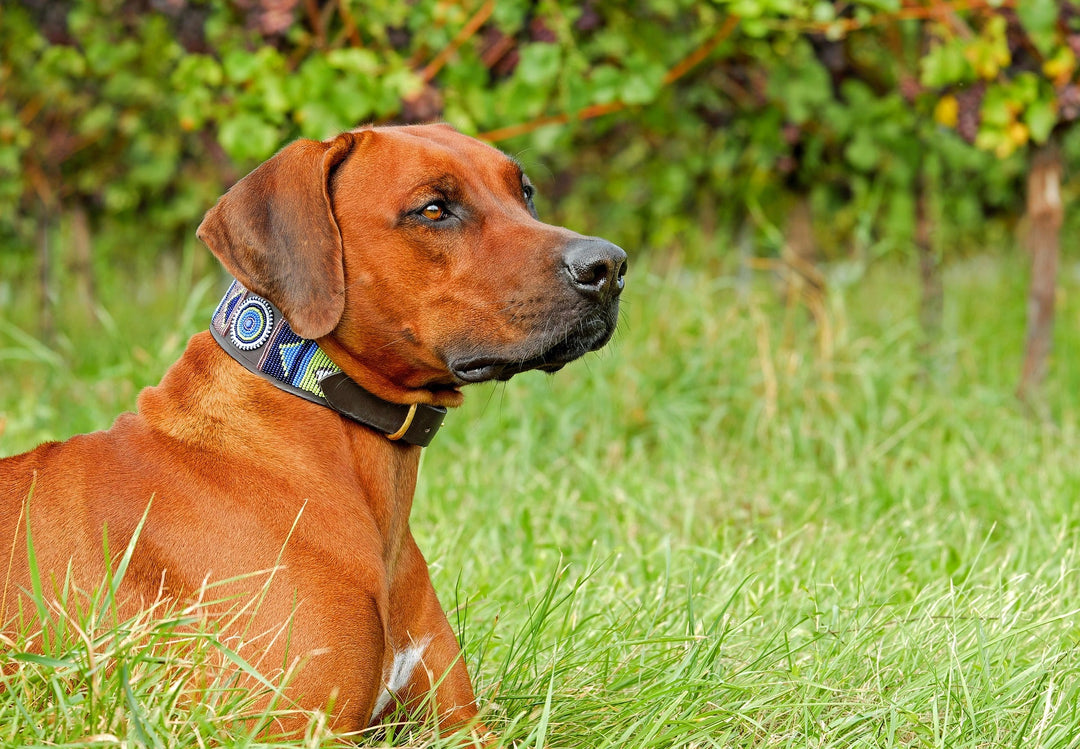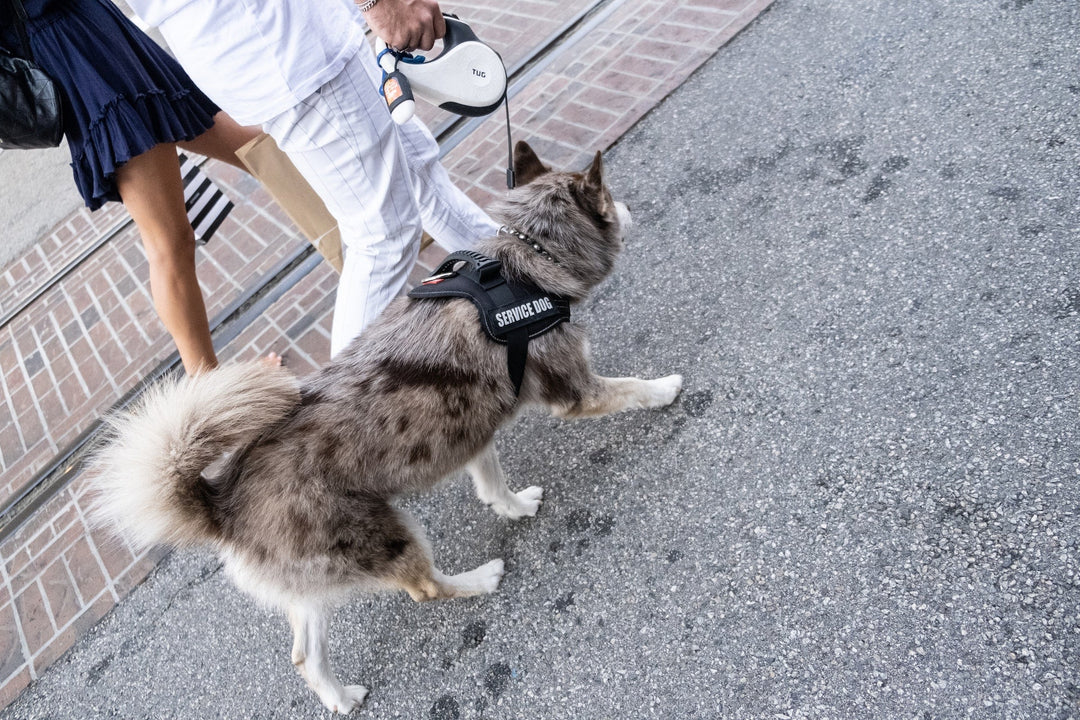Is Your Hound Obese?
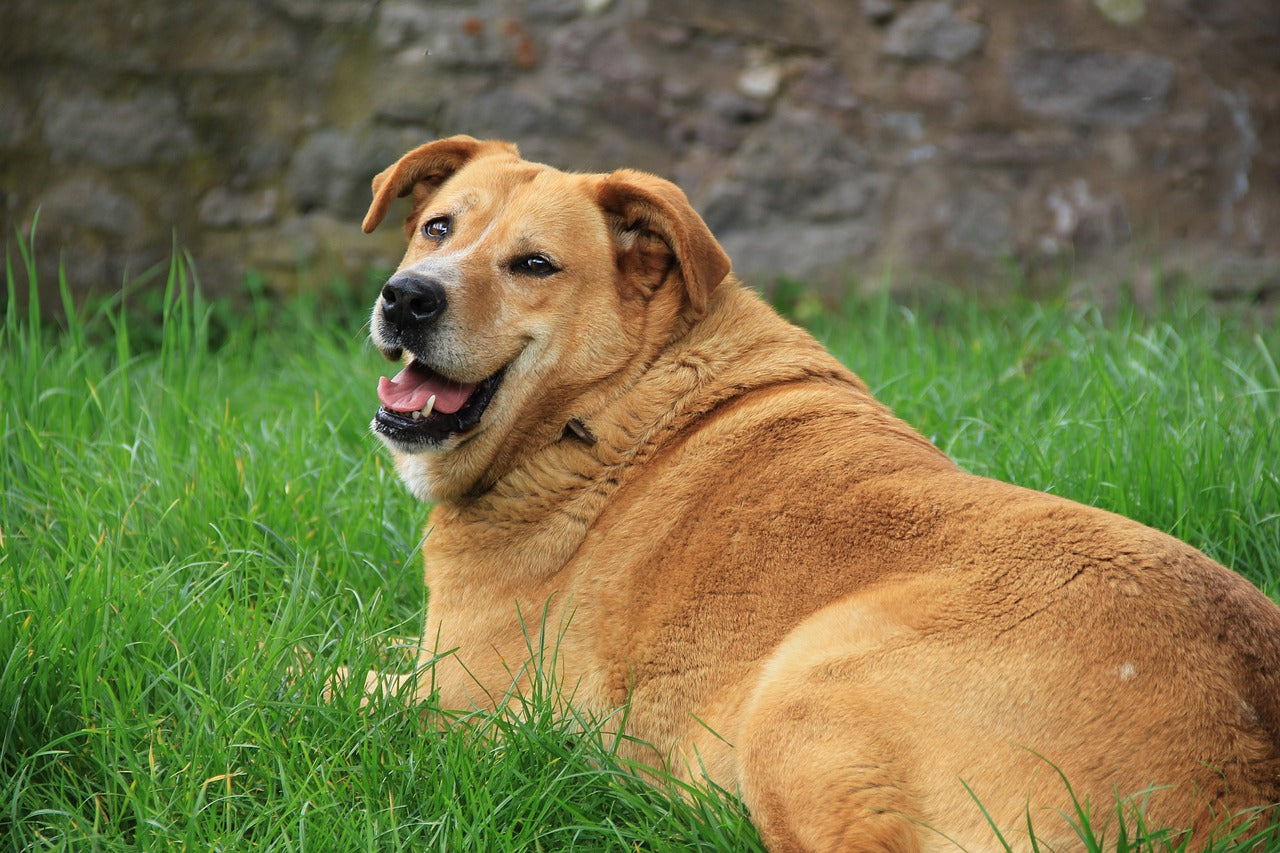
Such a sensitive question is likely to have most pet parent's cringing with embarrassment but according to a 2018 survey, 19 % of dogs in the United States are classified as obese, and 37% are overweight. That means more than half of our dog population have issues with their weight which is quite a 'chunky' number when you think about it!
The reality is obesity in dogs should not be taken lightly, as it can lead to a shopping list of health issues, including arthritis, diabetes, and heart disease. Our Mountain Hound blog today will explain how to check if your hound is on the right side of the measuring tape and provide tips for maintaining a healthy hound weight for your beloved furry companion.
How to Check if Your Dog is the Correct Weight
To determine the ideal weight for your hound, you can do a simple test at home. First, place your hands on either side of your dog's rib cage. You should be able to feel the ribs but not see them. If you cannot feel the ribs, this may be an indication that your dog is overweight.
Alternatively, look at your hound from above. There should be a noticeable waistline, where their body narrows at the waist, but not a pronounced hourglass shape. If there is no waistline, it may be an indicator that your dog is more on the round side!
Of course, some breeds, such as the whippet and greyhound, tend to have more streamlined physiques, but even they can be on the portly side if their weight management is off-kelter.
When to Take Your Dog to the Vet for Weight Issues
If you are still wondering when to take your dog to the vet for a suspected weight issue, the answer is now. The sooner you consult your vet, the better you will understand how to help your hound shed excess weight. Your vet will use a body condition scoring system to assess your dog's weight which will also give you a better idea of how overweight your furry friend is. Vets can advise on appropriate foods, portion sizes, and other tips for reducing the canine bulge!
Side Effects of Obesity in Dogs
Excess weight puts unnecessary strain on a dog's body and can cause numerous health problems, not to mention shortening their lifespan and increasing the risk of heart disease, arthritis, and respiratory issues. It can also lead to skin and coat problems and poor immune function. Once your dog is overweight, it can be difficult to shed excess weight, so prevention is key.
What to Do to Maintain a Healthy Hound Weight
Below are a few things pet parents can do to help their hounds avoid obesity.
- Monitor their diet to ensure they get a healthy, well-balanced diet and are not overeating.
- Exercise is extremely important for dogs. Ensure your hound gets plenty of exercise daily, whether going for walks, running around in the backyard, or playing with other canine companions. Note the exercise or dog training chosen should match your pet's breed, age, and individual needs.
- Take your hound for regular vet check-ups to maintain your dog's overall health.
Tips for Maintaining a Healthy Hound Diet
When maintaining a healthy hound diet to avoid obesity in dogs, pet parents should consider the following:
- Avoid feeding your dog table scraps – human food is not beneficial for dogs!
- Avoid processed foods and treats and choose natural and wholesome options.
- Try to schedule meal times and stick to them
- Use puzzle feeders or smaller dog bowls to help manage your dog's eating pace and portion size
The Final Gobble
Maintaining a healthy weight for your furry family member is important in ensuring their overall health and maximizing their lifespan. Unfortunately, obesity puts a lot of strain on our furry companions; it affects their mood and energy levels and can lead to chronic and even life-threatening conditions. The good news is that it is preventable.
By monitoring a hound's diet and exercise levels, we can keep them healthy and happy, and by extension, ourselves too. Always remember to have regular vet check-ups, practice portion control, and offer plenty of exercise opportunities so your beloved hound can enjoy a long and healthy life.
Image by Barbara Danázs from Pixabay
